What is a Proxy War: Definition and Examples
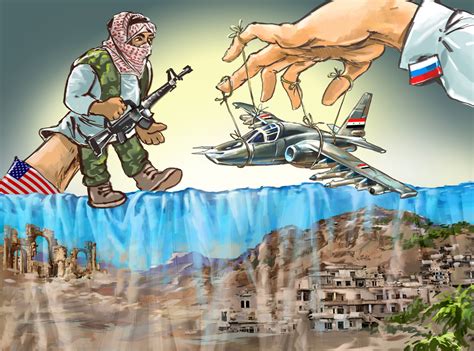
Understanding Proxy Wars: Definition, Examples, and Implications
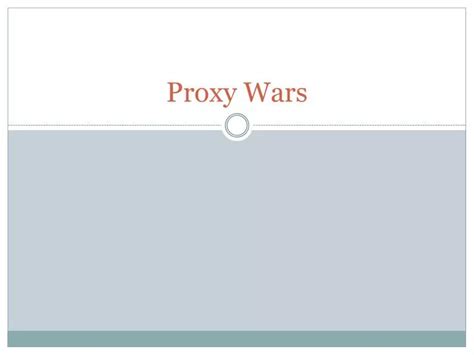
In the complex landscape of international relations and geopolitics, proxy wars have become a recurring phenomenon, often shrouded in mystery and misperception. The term “proxy war” refers to a conflict where two or more opposing powers use third parties, often smaller or less powerful entities, as substitutes for fighting each other directly. This strategy is employed for various reasons, including avoiding direct confrontation, minimizing the risk of escalation, and reducing the political and financial costs associated with direct involvement.
Historical Context and Definition

The concept of proxy wars is not new. It has been a part of international relations for centuries, with various empires and powers using local forces to further their interests without direct engagement. However, the term gained prominence during the Cold War era, when the United States and the Soviet Union supported opposing sides in various conflicts around the world, avoiding direct confrontation that could lead to a nuclear war.
A proxy war can be defined as a conflict initiated and/or supported by one or more external powers, which provide financial, military, or logistical assistance to one or more parties involved in the conflict. These external powers often have significant interests in the outcome but prefer not to engage directly.
Examples of Proxy Wars
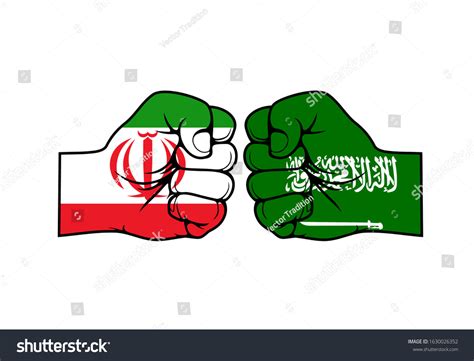
The Korean War (1950-1953): Often cited as a classic example of a proxy war, the Korean conflict involved the United States and other members of the United Nations supporting South Korea against North Korea, which was backed by China and the Soviet Union.
The Vietnam War (1959-1975): The conflict in Vietnam can be seen as a proxy war between the United States and the Soviet Union, with the U.S. supporting the South Vietnamese government against the communist North, which was backed by the Soviet Union and China.
The Soviet-Afghan War (1979-1989): The Soviet Union’s invasion of Afghanistan led to a long and bloody conflict. The United States, along with other anti-communist countries, supported the Afghan Mujahideen against the Soviet forces, making it a proxy war.
The Syrian Civil War (2011-present): This conflict has elements of a proxy war, with various external powers supporting different factions within Syria. Russia and Iran support the Syrian government, while the United States, Turkey, and some Arab states have supported various opposition groups.
The War in Yemen (2015-present): The conflict in Yemen is often described as a proxy war between Saudi Arabia and Iran, with Saudi Arabia leading a coalition in support of the Yemeni government against the Houthi rebels, who are backed by Iran.
Implications and Characteristics of Proxy Wars
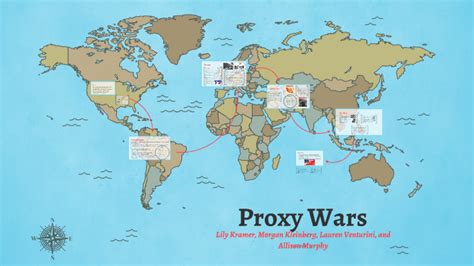
Proxy wars have several implications and characteristics:
Reduced Direct Confrontation: One of the primary reasons for engaging in a proxy war is to avoid direct confrontation between major powers, thereby reducing the risk of escalation to a larger conflict.
Increased Complexity: Proxy wars often involve multiple parties and can lead to complex situations, making it difficult to achieve a clear victory or negotiate peace.
Prolonged Conflicts: These wars can be prolonged as the external powers continue to support their proxies, leading to stalemates and long-lasting conflicts.
Humanitarian Consequences: Proxy wars can lead to significant humanitarian crises, including refugee flows, civilian casualties, and destruction of infrastructure.
Geopolitical Implications: The outcomes of proxy wars can have significant geopolitical implications, influencing regional and global power dynamics.
⚠️ Note: Proxy wars are often criticized for their negative impacts on local populations and the lack of clear resolutions. Understanding these conflicts requires a nuanced approach, considering both the immediate and long-term implications.
Tactical Use of Proxy Forces

The use of proxy forces is a tactical decision that can offer several advantages to the supporting powers, including:
Plausible Deniability: It allows powers to deny direct involvement, thereby avoiding political fallout or international condemnation.
Risk Management: By using proxies, powers can limit their risk exposure, as the direct casualties and financial burdens are borne by the proxy forces.
Political Leverage: Supporting proxy forces can provide significant political leverage in regional and global affairs, enabling powers to influence outcomes without direct military engagement.
Economic and Political Costs
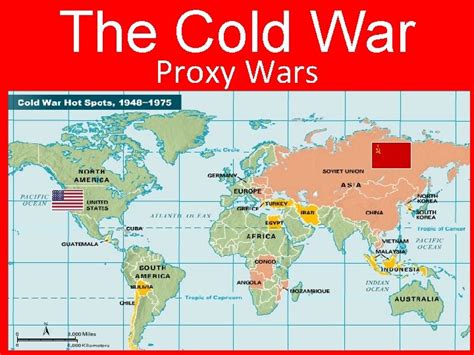
Despite the strategic benefits, proxy wars can come with significant economic and political costs, including:
Financial Burden: Supporting proxy forces can be costly, requiring substantial financial resources for military aid, logistics, and other forms of support.
International Relations: Engaging in proxy wars can strain international relations, leading to diplomatic tensions and potential isolation.
Domestic Impact: The involvement in proxy wars can have domestic implications, including public opposition, economic burdens, and the potential for terrorist retaliation.
Conclusion
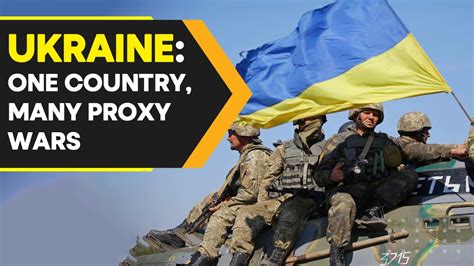
Proxy wars represent a complex and multifaceted phenomenon in international relations, driven by a mix of strategic, political, and economic considerations. While they offer a way for powers to influence outcomes without direct involvement, they also come with significant risks and costs. Understanding the dynamics of proxy wars is crucial for navigating the modern geopolitical landscape.
What is a proxy war?

+
A proxy war is a conflict initiated and/or supported by one or more external powers, which provide financial, military, or logistical assistance to one or more parties involved in the conflict.
Why do countries engage in proxy wars?
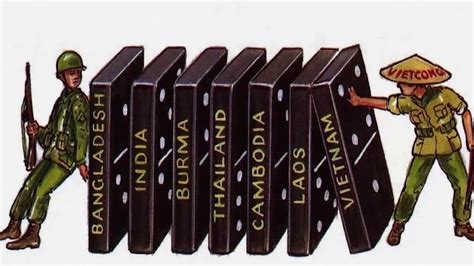
+
Countries engage in proxy wars to avoid direct confrontation, minimize the risk of escalation, reduce political and financial costs, and achieve strategic objectives without direct involvement.
What are some examples of proxy wars?
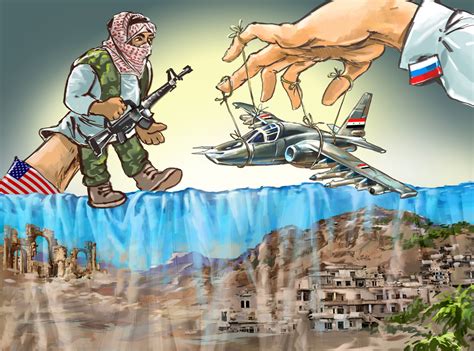
+
Examples include the Korean War, the Vietnam War, the Soviet-Afghan War, the Syrian Civil War, and the War in Yemen.



